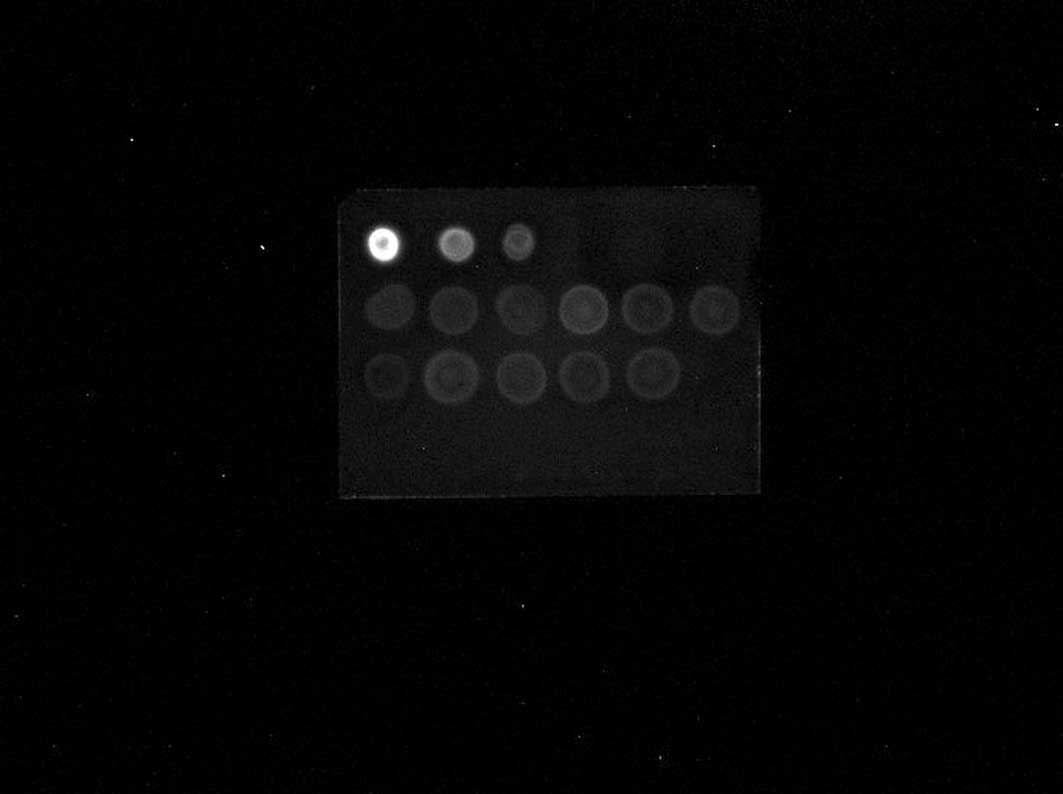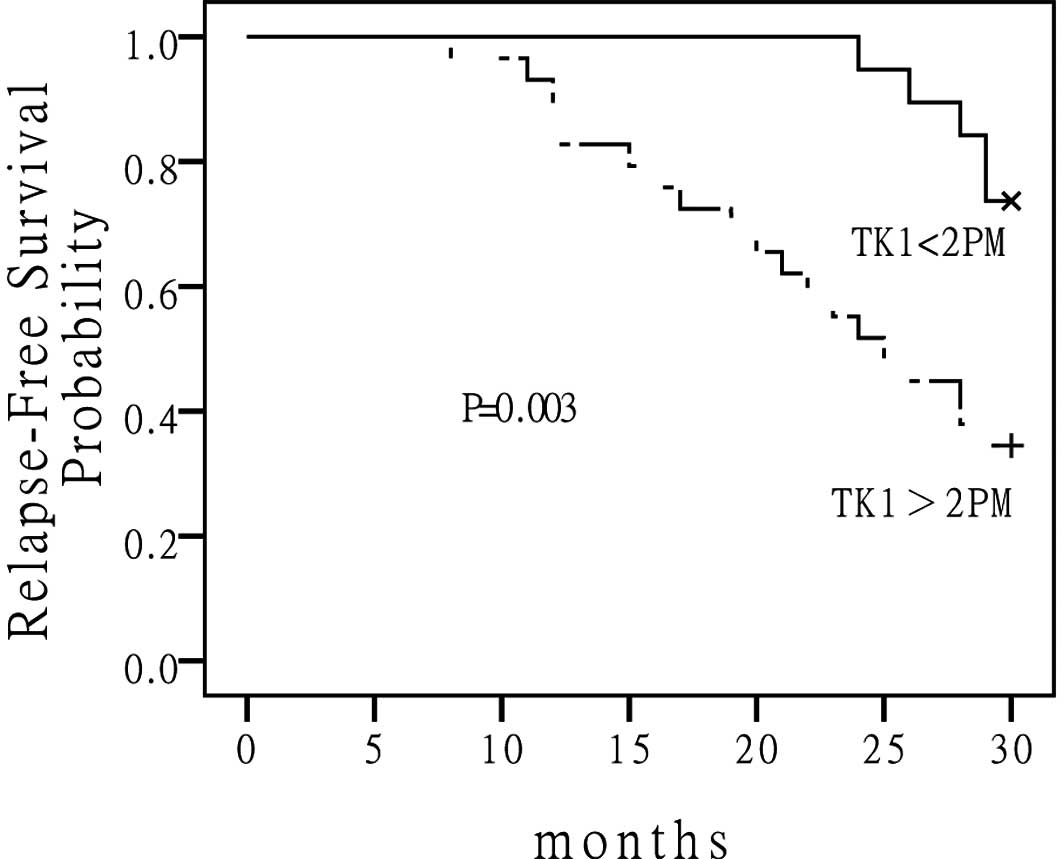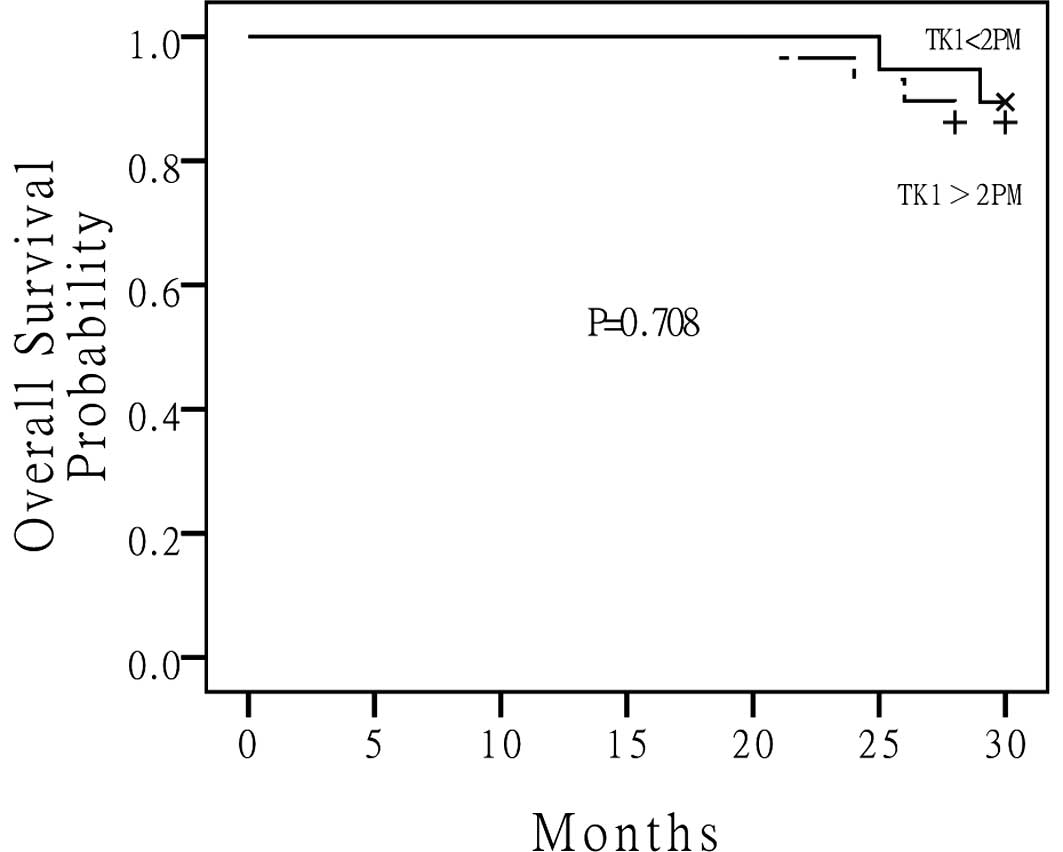|
1.
|
GN HortobagyiComptehensive management of
locally advanced breast
cancerCancer6613871391199010.1002/1097-0142(19900915)66:14+%3C1387::AID-CNCR2820661414%3E3.0.CO;2-I2205369
|
|
2.
|
GN HortobagyiFC AmesAU BuzdarManagement of
stage III primary breast cancer with primary chemotherapy, surgery,
and radiation
therapyCancer6225072516198810.1002/1097-0142(19881215)62:12%3C2507::AID-CNCR2820621210%3E3.0.CO;2-D3056604
|
|
3.
|
B FisherN GunduzEA SafferInfluence of the
interval between primary tumor removal and chemotherapy on kinetics
and growth of metastasesCancer Res431488149219836831397
|
|
4.
|
B FisherJ BryantN WolmarkEffect of
preoperative chemotherapy on the outcome of women with operable
breast cancerJ Clin Oncol162672268519989704717
|
|
5.
|
S GobleHD BearEmerging role of taxanes in
adjuvant and neoadjuvant therapy for breast cancer: the potential
and the questionsSurg Clin North
Am83943971200310.1016/S0039-6109(03)00071-912875604
|
|
6.
|
JC ChangEC WootenA TsimelzonGene
expression profiling for the prediction of therapeutic response to
docetaxel in patients with breast
cancerLancet362362369200310.1016/S0140-6736(03)14023-812907009
|
|
7.
|
SM SchollJY PiergaB AssselainBreast tumor
response to primary chemotherapy predicts local and distant control
as well as survivalEur J
Cancer31A19691975199510.1016/0959-8049(95)00454-88562150
|
|
8.
|
VF SemiglazovEE TopuzovJL BavliPrimary
chemotherapy and radiotherapy compared with primary radiotherapy
alone in stage IIb-IIIa breast cancerAnn Ocol559159519947993833
|
|
9.
|
A MakrisTJ PowlesM DowsettPrediction of
response to neoadjuvant chemoendocrine therapy in primary breast
carcinomasClin Cancer Res359360019979815725
|
|
10.
|
L MauriacG MacGroganA AvrilNeoadjuvant
chemotherapy for operable breast carcinoma larger than 3 cm: a
unicentre randomized trial with a 124-month median follow-up.
Institute Bergonie Bordeaux Groupe SeinAnn
Oncol104752199910.1023/A:1008337009350
|
|
11.
|
JA van der HageCJ van der VeldeJP
JulienPreoperative chemotherapy in primary operable breast cancer:
results from the European Organization for Research and Treatment
of Cancer trial 10902J Clin Oncol19422442372000
|
|
12.
|
CM HuZF ChangMitotic control of dTTP pool:
a necessary or coincidence?J Biomed
Sci14491497200710.1007/s11373-007-9175-117525869
|
|
13.
|
AS Al-MadhounW TjarksS ErikssonThe role of
thymidine kinase in the activation of pyrimidine nucleoside
analoguesMini Rev Med Chem4341350200415134537
|
|
14.
|
C WuR YangJ ZhouProduction and
characterization of a novel chicken IgY antibody raised against
C-terminal peptide from human thymidine kinase 1J Immunol
Methods277157169200310.1016/S0022-1759(03)00062-012799048
|
|
15.
|
A GowdaJC ByrdUse of prognostic factors in
risk stratification at diagnosis and time of treatment of patients
with chronic lymphocytic leukemiaCurr Opin
Hematol13266272200616755224
|
|
16.
|
BR MadewellSerum thymidine kinase
activity: an alternative to histologic markers of cellular
proliferation in canine lymphomaJ Vet Intern
Med18595596200415515571
|
|
17.
|
RF DiR GiustolisiS LernerRetrospective
study of the prognostic role of serum thymidine kinase level in CLL
patients with active disease treated with fludarabineAnn
Oncol12621625200110.1023/A:101113882559311432619
|
|
18.
|
MK SchwartzEnzymes as prognostic markers
and therapeutic indicators in patients with cancerClin Chim
Acta2067782199210.1016/0009-8981(92)90008-E1572080
|
|
19.
|
KL O’NeillF ZhangH LiThymidine kinase1 – a
prognostic and diagnostic indicator in ALL and AML
patientsLeukemia215605632007
|
|
20.
|
J ZhangQ JiaS ZouThymidine kinase 1: a
proliferation marker for determining prognosis and monitoring the
surgical outcome of primary bladder carcinoma patientsOncol
Rep15455461200616391869
|
|
21.
|
R FujiwakiK HataM MoriyamaClinical value
of thymidine kinase in patients with cervical
carcinomaOncology614754200110.1159/00005535211474248
|
|
22.
|
D TiezziJ AndrateA Ribeiro-SilvaHER-2,
p53, p21 and hormonal receptor protein expression as predictive
factors of response and prognosis in locally advanced breast cancer
treated with neoadjuvant docetaxel plus epirubicin combinationBMC
Cancer736200710.1186/1471-2407-7-36
|
|
23.
|
S SingletaryM McNeeseG
HortobagyiFeasibility of breast-conservation surgery after
induction chemotherapy for locally advanced breast
carcinomaCancer6928492852199210.1002/1097-0142(19920601)69:11%3C2849::AID-CNCR2820691134%3E3.0.CO;2-P1571916
|
|
24.
|
M AlassasQ ChuG BurtonNeoadjuvant
chemotherapy in stage III breast cancerAm
Surgeon71487492200516044927
|
|
25.
|
C IsaccsV StearnsDF HayesNew prognostic
factors for breast cancer recurrenceSemin
Oncol285367200110.1053/sonc.2000.2074211254867
|
|
26.
|
L GianniM ZambettiK ClarkGene expression
profiles in paraffin-embedded core biopsy tissue predict response
to chemotherapy in women with locally advanced breast cancerJ Clin
Oncol2372657277200510.1200/JCO.2005.02.081816145055
|
|
27.
|
K HessK AndersonW SymmansPharmacogenomic
predictor of sensitivity to preoperative chemotherapy with
paclitaxel and fluorouracil, doxorubicin and cyclophosphamide in
breast cancerJ Clin
Oncol2442364244200610.1200/JCO.2006.05.686116896004
|
|
28.
|
T SorlieC PerouC FanGene expression
profiles do not consistently predict the clinical treatment
response in locally advanced breast cancerMol Cancer
Ther529142918200610.1158/1535-7163.MCT-06-012617121939
|
|
29.
|
J PiegaJ Reis-FilhoS
CleatorMicro-array-based comparative genomic hybridization of
breast cancer patients receiving neoadjuvant chemotherapyBr J
Cancer96341351200710.1038/sj.bjc.6603483
|
|
30.
|
S PaikS ShakG TangA multigene assay to
predict recurrence of tamoxifen-treated, node-negative breast
cancerN Engl J Med35128172826200410.1056/NEJMoa04158815591335
|
|
31.
|
T PalangieV MosseriJ MihuraPrognostic
factors in inflammatory breast cancer and therapeutic
implicationsEur J
Cancer30A921927199410.1016/0959-8049(94)90115-57946584
|
|
32.
|
A HonkoopP van DiestJ de JongPrognostic
role of clinical, pathological and biological characteristics in
patients with locally advanced breast cancerBr J
Cancer77621626199810.1038/bjc.1998.999484820
|
|
33.
|
N HolmK ByrnesB LiElevated levels of
chemokine receptor CXCR4 in HER-2 negative breast cancer specimens
predict recurrenceJ Surg
Res1415359200710.1016/j.jss.2007.03.01517574038
|

















